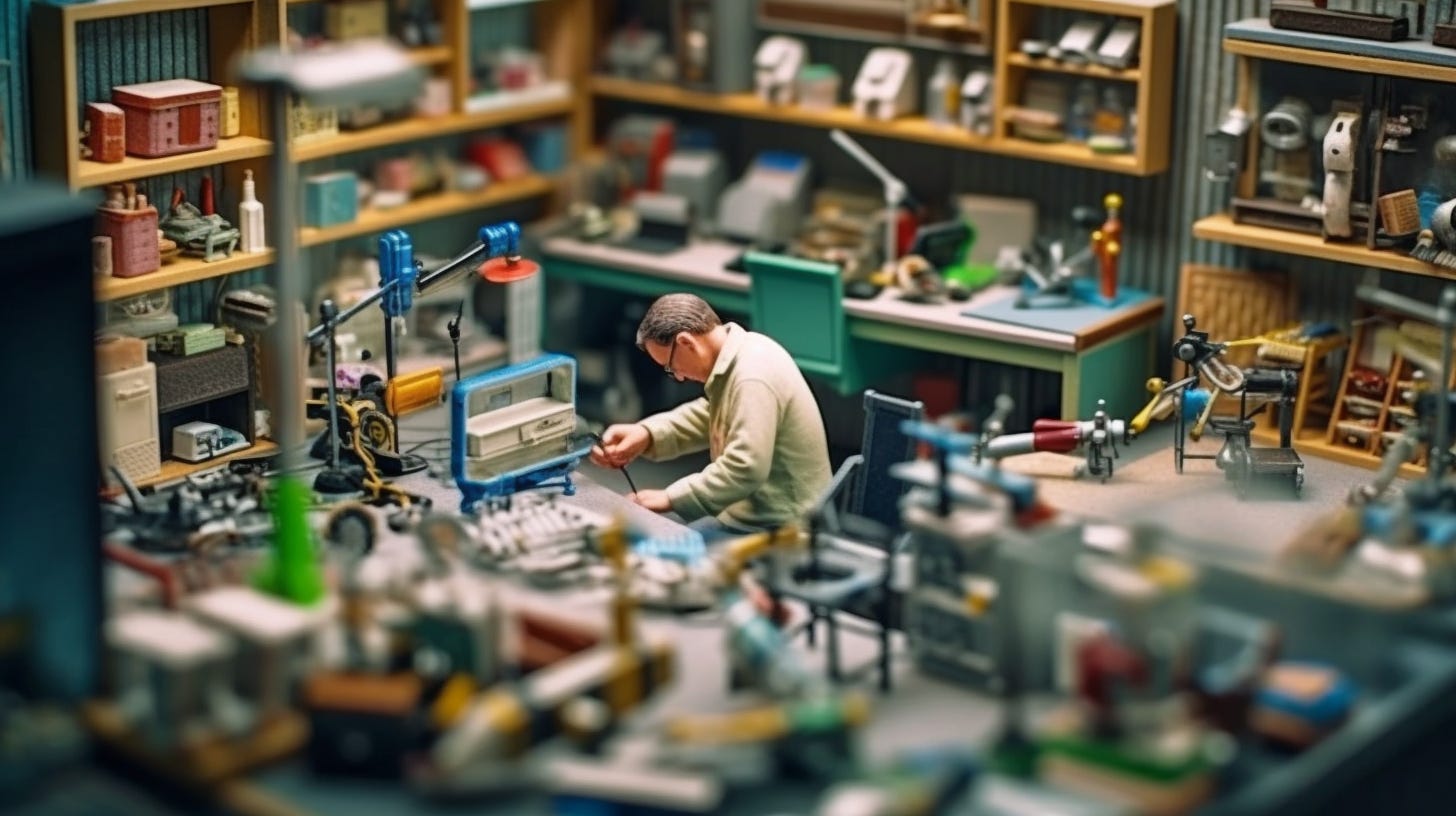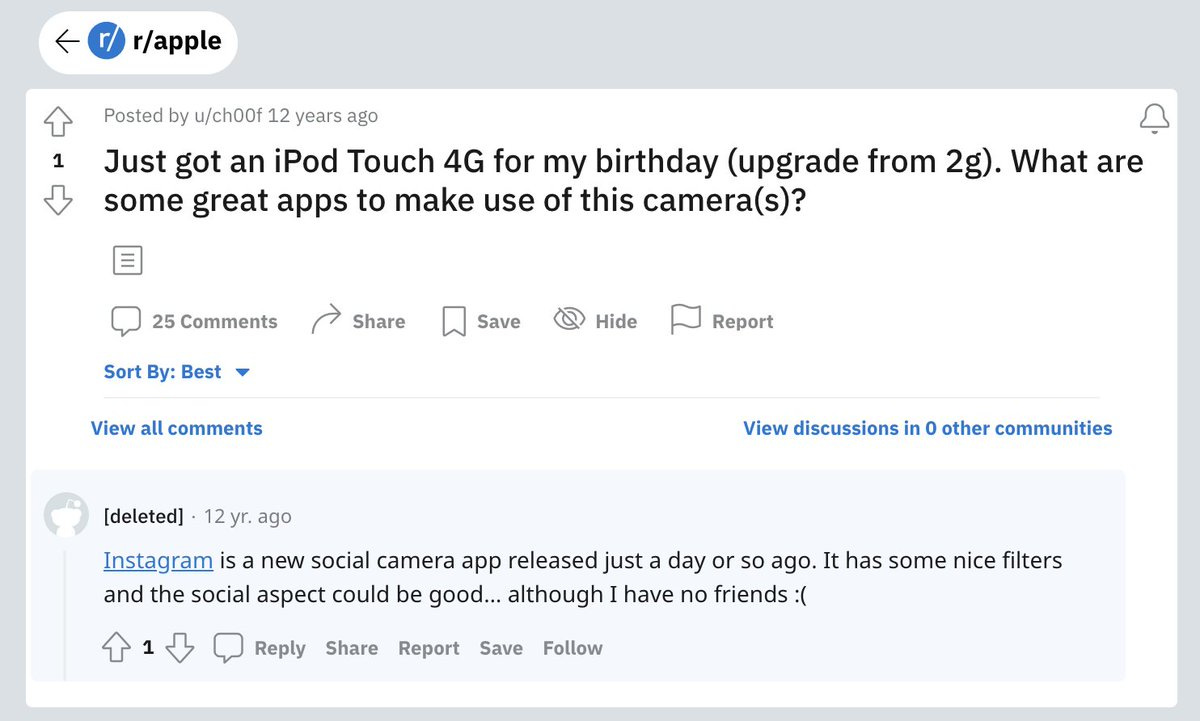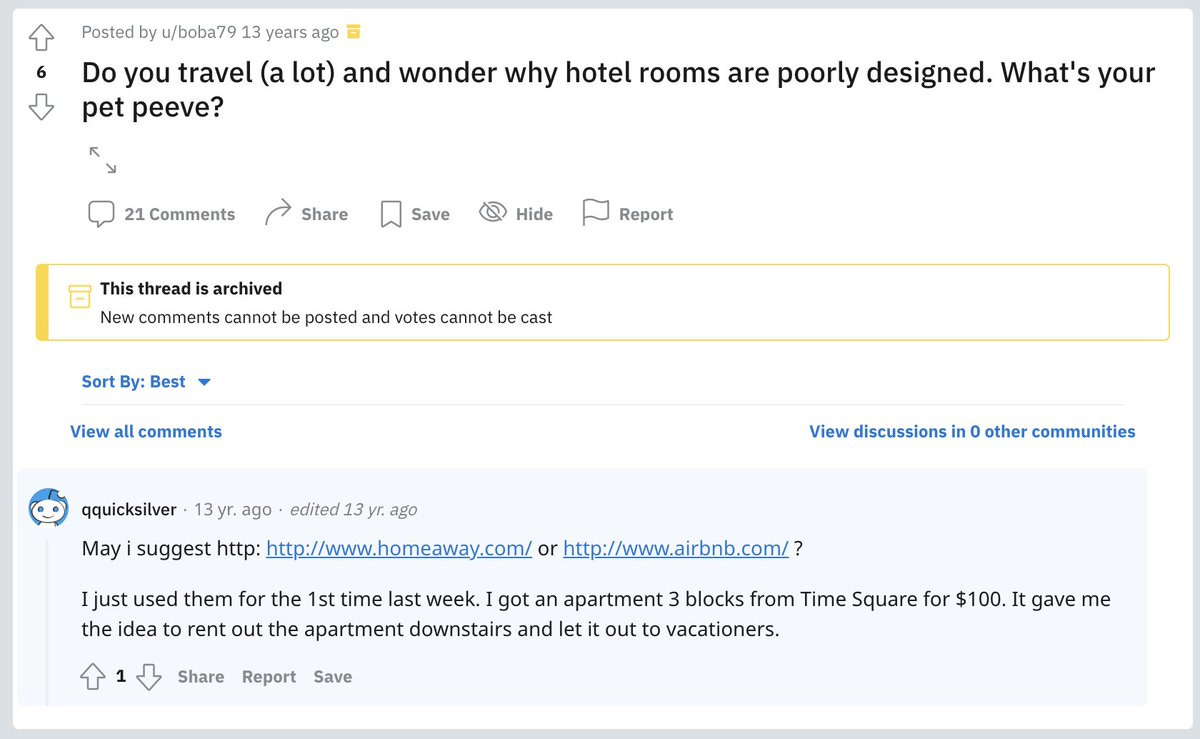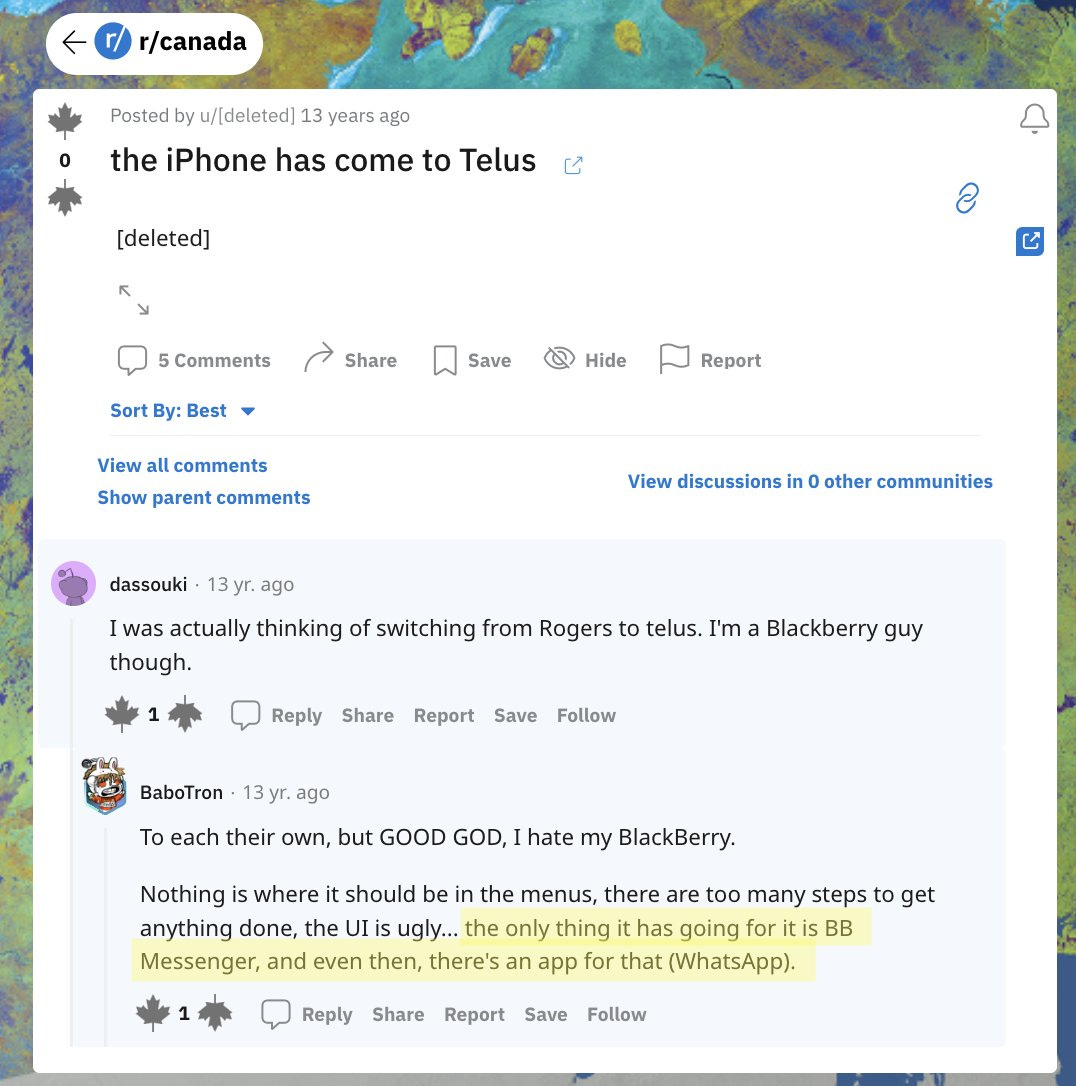Sunday Reads #180: What James Dyson learnt from making 5127 prototypes.
"If I had asked people what they wanted, they would have said faster horses."
Hey there!
Hope you’re having a great weekend!
This week, back to the world of atoms.
1. What James Dyson learnt from a life of invention.
I recently read James Dyson's new memoir, Invention: A Life.
I'd been learning a lot about the origin story of Dyson. Especially the famed 5127 prototypes, before he finally created the Dyson vacuum cleaner. So I was quite interested in learning more.
The book is quite good (8/10 for me). While some parts of it seem to be in "rosy retrospection" mode, the stories are instructive. (I also skipped over the parts where he speaks about UK politics, as that's not my area of interest).
Some of the key lessons I took away:
1. If you ask people what they want, they'll say they want faster horses.
Dyson’s story is a story of engineering-led innovation. Start with interesting technologies and an intuition of what consumers want, rather than asking them first.
If you have the right intuition (which Dyson did), and if you’re lucky, you’ll make it.
Dyson calls this out as one of his key reflections from the launch of Sony's Walkman:
Priced at US$150, the compact silver and blue Walkman wasn’t cheap, while within Sony itself it was controversial and brave because it was unable to record, and no one had made a ‘tape recorder’ that wouldn’t do so before. Nevertheless, Sony’s Masura Ibuka − one of the Japanese company’s founders − hoped to sell 5,000 Walkmans a month. He sold 50,000 in the first two months. By the time production ended in Japan in 2010, more than 400 million had been sold worldwide.
With lightweight foam headphones and no function other than playback, the Walkman emerged. The press lampooned it. Even the name was ridiculous. The Japanese press was wrong, although the market hadn’t known it wanted a tiny personal stereo. When it saw the attractive little device and heard it in action, it fell in love with it. By the mid-1980s, the word had entered the Oxford English Dictionary.
And from the launch of the Dyson vacuum cleaner itself:
I was also told that no one would want to see dust sucked up by a cleaner inside a transparent container. Simple market research confirmed this.
However, Pete, Simeon and I enjoyed seeing the dirt we had extracted in all its gory detail, so we ignored the market research. Curiously, and aside from the fact that the new cleaner was clearly powerful and with constant suction, this is exactly what customers did like to see. They were fascinated by the sight of just how much dirt they had successfully cleaned up.
2. Raise Prices.
Quoting from the book:
I had been warned that at £200, or at least three times as expensive as most other vacuum cleaners, the DC01 would prove to be too expensive.
It sold really well.
The sheer cost of producing it, and as a result the high price tag, was mitigated by the fact that those choosing it recognized its technological advantage over existing designs.
This reminded me of something I've said before: With the right framing, you can bend reality. You can price as high as you want.
Re-sharing the anecdote from Khadim Batti (CEO of Whatfix) that I had touched on in The Indian century begins.
And of course, who can forget Paytm - generating INR 400 crore (USD 50M) from a box that beeps.
3. You need to keep innovating. Stasis is death.
From the book:
Famously, Citroën took 12,000 orders for the DS on the day it was unveiled at the 1955 Paris Motor Show. Even so, Citroën was to make a key commercial mistake.
Between 1955 and 1970, the company launched no new models. It had been resting on its laurels. And then, realizing that the car-buying public was looking for something new, it appeared to panic, investing in and launching a host of new cars. The expense bankrupted the company. Taken over by Peugeot in 1974, it was never the same again, making money yet losing its character and its drive for innovative design, engineering and styling.
There is a lesson here. Rather like the way some sharks have to keep moving to stay alive, innovative engineering-led manufacturers need continuous innovation to stay competitive. Striving for new and better products is often what defines such companies.
At Dyson, we never stand still. In a quarter of a century, we have gone from making a revolutionary vacuum cleaner to prototypes of a radical electric car. Invention tends to compound invention and companies need to be set up for this. They can have a DS moment − a prolonged one in the case of the car that in Roland Barthes’ words ‘had fallen from the sky’ − and still fail.
This reminded me of Jeff Bezos’ constant refrain: “It’s always Day 1.” Because, the alternative is death. As he said:
Day 2 is stasis. Followed by irrelevance. Followed by excruciating, painful decline. Followed by death. And that is why it is always Day 1.
Or as I said a few weeks ago about the current AI race, Blessed are the paranoid, for they shall win.
4. Biggest market wins.
Before the vacuum cleaner, James Dyson’s big invention was the “ballbarrow”. A wheelbarrow with ball bearings in place of wheels so it could move in all directions.
It succeeded… but it also failed.
The business grew to an annual turnover of £600,000. It captured more than half the UK garden wheelbarrow market, but even so we didn’t make money from it.
Reminds me of something that Warren Buffett said:
When bad product meets good market, market wins.
When good product meets bad market, market wins.
5. Big companies are often slaves to their history. You can counter-position against them and win.
Why did the leaders in the vacuum cleaner category not react immediately to Dyson? Why did they not launch their own bag-less vacuums?
From the book:
At this stage, anyone watching me at work might reasonably have wondered why Electrolux and Hoover weren’t making and selling a vacuum cleaner like mine. With all their resources, surely they could have leaped ahead of me − one man and his dog, as it were, in a rural coach house − and cornered the market between them.
There were, though, at least three good reasons why they didn’t even think of pursuing a similar path to me.
One, which went without saying, was that the ‘No Loss of Suction’ vacuum cleaner had yet to be invented.
The second was that the vacuum cleaner bag replacement business was highly profitable.
And the third, rather to my surprise, was that well-established electrical goods companies seemed remarkably uninterested in new technology. With no outside challenges, they could afford to rest on their laurels. For the moment at least.
“Counter-positioning” is of course a reference to Hamilton Helmer’s 7 Powers (excellent, 5/5 book).
I’ve written more about this in 2022’s Lesson for startups: Exploit big companies' path dependence.
More recently, I wrote about how Microsoft has counter-positioned vs. Google in the AI war.
6. Niche to win.
James Dyson calls this “The Zulu Principle”.
I read Jim Slater’s book The Zulu Principle (1978). Slater was a British accountant and investor who rode the waves of investment finance with a number of great successes, although he had his downs as well as ups. His approach to winning investment, he wrote, was to become a leading authority on a ‘clearly defined and narrow area of knowledge’. Following the Zulu Principle, this can be achieved remarkably quickly.
Slater had been intrigued when, after reading a single article on the Zulu people in a copy of Reader’s Digest, his wife’s knowledge of Zulus far exceeded his own. If, he reckoned, she read all the books she could find on the subject and made a quick trip to South Africa to meet Zulu people, she would soon be considered a leading authority.
I suppose I did this in a way with the cyclonic technology.
Over a period of four years, I had probably built and tested more cyclone dust separators than most cyclone experts. My quest was to increase the ability of the cyclone to trap ever smaller microscopic particles. During the process of testing the 5,000-plus prototypes of the cyclone, I determined the correct angle of the conical section, the best diameter of the cyclone, the best inlet and outlet diameter, the ideal entry-duct shape and the best length of cyclone outlet.
This reminds me of the Helsinki Bus Station metaphor from Arno Rafael Minkinnen.
You build differentiation by going deep in a narrow niche. By niching down, you are harnessing path dependence. You are forcing competitors to traverse the same path you did.
Except that you're already far, far ahead.
[PS. I'm sharing book notes in this manner for the first time. Let me know if you like this format!]
Before we continue, a quick note:
Did a friend forward you this email?
Hi, I’m Jitha. Every Sunday I share ONE key learning from my work in business development and with startups; and ONE (or more) golden nuggets. Subscribe (if you haven’t) and join 1,500 others who read my newsletter every week (its free!) 👇
2. Golden Nugget of the Week.
In the last few weeks, I've realized I'm addicted to working out (which is a good thing to be addicted to, admittedly!).
Reading Anthony Bourdain's pseudonymous Reddit comments about Brazilian Jiu Jitsu crystallized it for me. This is what I feel! With fewer broken bones and torn muscles though.
58 years old and getting so gassed during warm ups, that when we start to roll, I end up sticking my own head into an obvious guillotine — just to take a break. An utterly humiliating class yesterday, yet showed up for a private today with 250 lbs of muscle and bone so I could get pounded like a chicken fried steak. Why am I doing this? I don’t know. I’m like a dope fiend at this point. If I can’t train I start going into withdrawal. Wander around, twitching, restless and pissed off. At least with dope, you feel GOOD afterwards. After training, I feel like a rented and unloved mule. All the other (much, much younger) white belts all seem to be coming back from long breaks because of injury. Strangely enough, so far so good for me. I may feel like a fragile box of stale breadsticks but I’ve managed to avoid injury (if not discomfort). I have never enjoyed pain. I don’t care if it’s Gisele Bunchen coming at me in thigh boots wielding a riding crop, I’m not interested. Yet I insist on getting squashed on the mats every day and feel bereft if I can’t. This is not normal. When I talk about BJJ, Old friends look at me like I have an arm growing out of my forehead. But I Won’t stop. Can’t stop.
He didn’t stop:
Conventional wisdom is that I should allow myself recovery time. That training every day is not wise. I say fuck that. The clock is ticking. Im not getting any faster, more flexible or more durable. Gotta get in what training I can — learn as much as I can, get as good as I can before I leave this life like I began it: diapered and screaming.
And he LOVED it, in a masochistic kind of way:
I love all of it. The soreness, the carrot fingers, mat burn, the ego-destroying ass kickings, just when you think you’re getting somewhere. I’m hooked. I know I will never be young again. I am well aware that I’m only getting slower, more fragile over time. That I will probably never live to see black belt or win any competitions. But I’m pretty sure I will suck a little bit less every month. That while I will never master this skill, will at least, hopefully, get better and better at it. And every once in a great while, I will sweep some young upper belt, or maybe even catch one in a triangle. And that makes me happy.
To stick to something, you need to love the process. Not the outcome.
Hope I remain as addicted to exercise as he was to BJJ. And that I start writing 20% as well as he did (not asking for much!).
3. Chart of the Week.

At least in its current form, AI won't take away your job.
Instead, it'll make you better at your job, faster.
4. The original "wedge" of today's leading consumer apps.
I enjoyed this thread by Olivia Moore about the original positioning of today's leading apps. Not what they said on their website, but what their early adopters experienced.
Here's Instagram for example.
Even though it was all about the filters when it started, the social aspect was what stood out to consumers.
Airbnb: "An apartment 3 blocks from Times Square for $100".
WhatsApp: “Instant messaging if you don't have a Blackberry”.
I'm old enough to have had a mobile phone (non-Blackberry) before Whatsapp existed. And this was why I installed the app. Even though Whatsapp's Nokia app was a crazy battery hog!
That’s it for this week. Hope you enjoyed it.
As always, stay safe, healthy and sane, wherever you are.
I’ll see you next week.
Jitha
[A quick request - if you liked today’s newsletter, I’d appreciate it very much if you could forward it to one other person who might find it useful 🙏].









Total nugget stack 💚
Loved the choice of subject you have distilled. I read some of the excerpts as pioneering products carry the power to transcend expressed desires of the market and even model it. We don't know what we will want going back to Ogilvy's views on market research and banking entirely on our own approximations of our future desires can be like trusting an unreliable narrator.
About the distillation itself, my ask of you would be to hear a bit more from you. Have your take shine through because I enjoy reading it. Move maybe from 70:30 of source material:your take to 50:50 maybe.